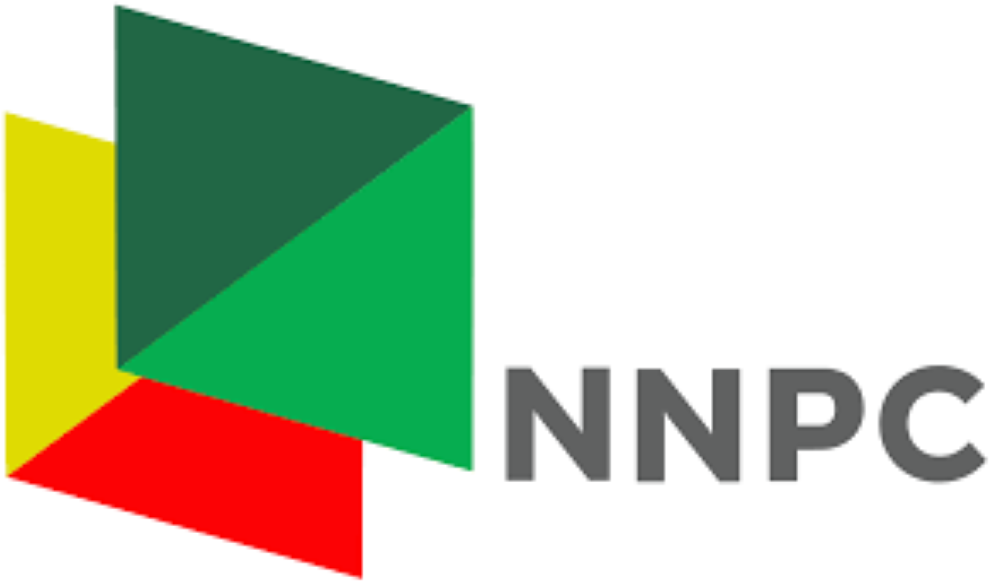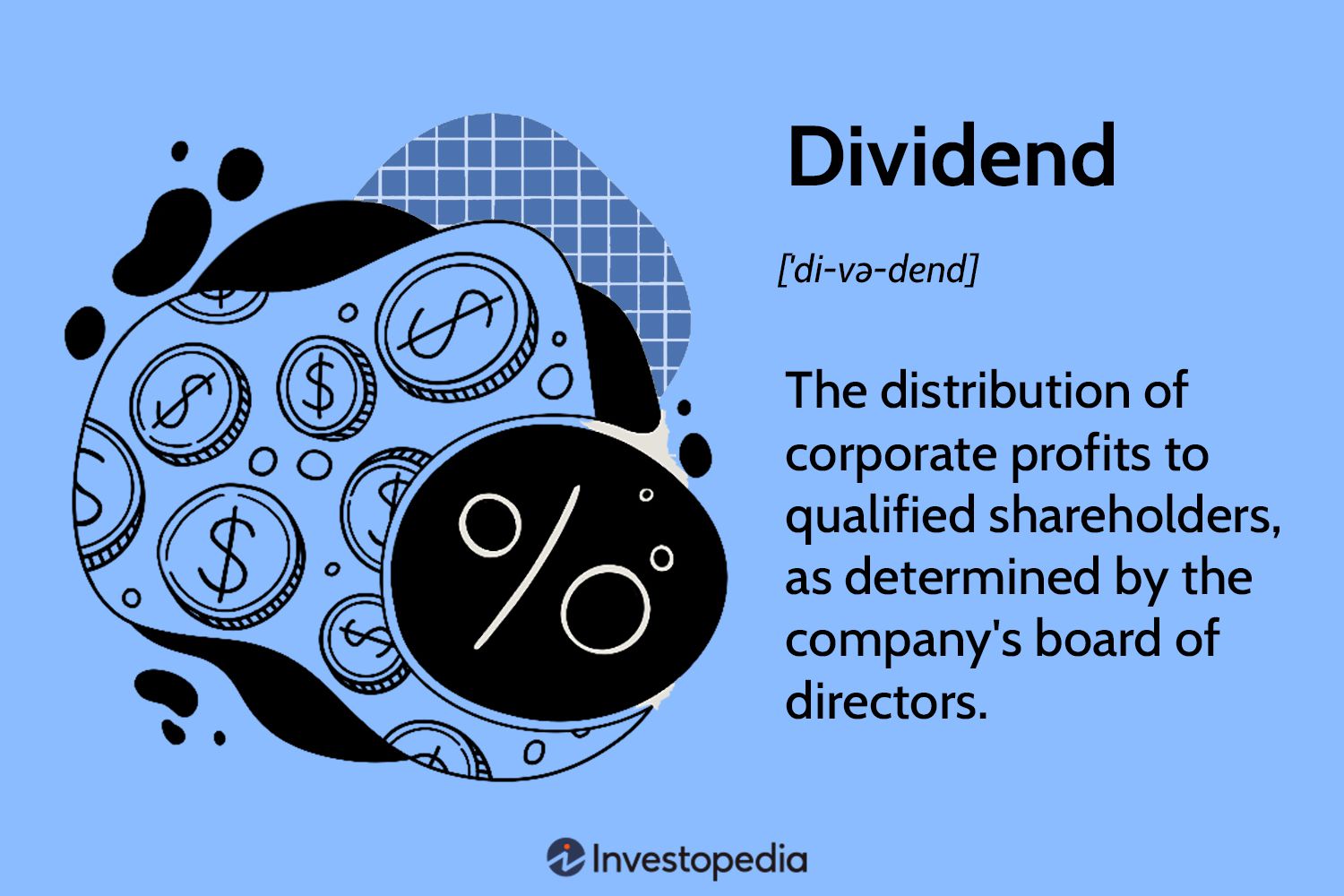Dangote's Influence On Nigeria's Petrol Price: An NNPC Perspective

Table of Contents
Dangote Refinery's Capacity and Potential Market Share
The Dangote Refinery, touted as Africa's largest, boasts an ambitious production capacity. Its projected daily refining capacity is substantial, promising to meet a significant portion of Nigeria's domestic fuel demand currently met through costly imports. This increased domestic refining capacity will significantly impact Nigeria's reliance on imported petroleum products, drastically reducing the nation's import bill and associated foreign exchange expenditure.
- Projected daily refining capacity: 650,000 barrels of crude oil per day.
- Types of petroleum products to be refined: Gasoline, diesel, kerosene, and jet fuel.
- Estimated reduction in fuel imports: A significant percentage, potentially leading to a substantial decrease in reliance on foreign suppliers.
- Potential job creation and economic impact: Thousands of direct and indirect jobs, boosting the Nigerian economy and reducing capital flight.
This influx of domestically refined petroleum products has the potential to fundamentally alter the dynamics of the Nigerian fuel market, creating a more competitive and potentially less expensive environment for consumers.
NNPC's Role and Response to Dangote's Entry
The NNPC has historically played a dominant role in Nigeria's fuel importation and price regulation. Its current strategy involves procuring fuel internationally and managing its distribution within the country, often with government subsidies to mitigate price volatility. However, Dangote Refinery's entry introduces a formidable competitor, forcing the NNPC to adapt and redefine its role within the evolving market. The NNPC may explore several strategies to maintain market relevance, including:
- NNPC's current fuel import strategy: Negotiating contracts with international suppliers, managing fuel reserves, and ensuring equitable distribution across the country.
- Potential changes to NNPC's operations: Shifting focus towards infrastructure development, refining optimization, and possibly becoming a more active player in the wholesale and distribution segments.
- NNPC's collaboration or competition with Dangote: Potentially fostering collaboration on infrastructure projects or engaging in direct competition in the refined petroleum products market.
- Government policies impacting both NNPC and Dangote: Regulations pertaining to fuel pricing, taxation, and import/export licenses will play a crucial role in shaping the competitive landscape.
The interaction between NNPC and Dangote Refinery will profoundly impact the future of Nigeria's petroleum sector, with both entities potentially collaborating or competing depending on the evolving regulatory and market conditions.
Impact on Petrol Prices: Competition and Price Deregulation
The most significant consequence of the Dangote Refinery's operation is its potential to dramatically influence petrol prices. Increased domestic refining capacity introduces competition, a key driver in lowering prices. This competition could lead to a decrease in petrol prices, benefiting Nigerian consumers directly. Furthermore, the refinery's presence could expedite the much-debated process of price deregulation.
- Potential price reductions due to competition: The increased supply of refined petroleum products should exert downward pressure on prices.
- Effect on fuel subsidy programs: A decrease in reliance on fuel imports may lead to reassessment and potential reduction of fuel subsidy programs, freeing up government resources for other areas.
- Economic implications of price deregulation: While potentially beneficial in fostering competition and efficiency, deregulation also carries risks, such as price volatility and the need for robust market oversight.
- Consumer benefits and potential challenges: Consumers will benefit from potentially lower prices, but price fluctuations and the need for transparent pricing mechanisms are critical considerations.
The long-term impact on petrol prices will depend on a complex interplay of factors including competition, government policies, and global market dynamics.
Challenges and Uncertainties Facing Dangote and NNPC
Despite its enormous potential, the Dangote Refinery faces several challenges, which could impact its efficiency and influence on petrol prices. Similarly, NNPC must navigate a new competitive landscape and adjust to its evolving role.
- Potential operational challenges: Ensuring smooth and consistent operations, managing logistics, and maintaining equipment will be crucial.
- Regulatory hurdles and government policies: Navigating the regulatory environment and adapting to shifting government policies will be key to success.
- Market volatility and price fluctuations: The global oil market's volatility can impact both profitability and prices.
- Economic and political factors influencing the market: Macroeconomic conditions and political stability will play a significant role in shaping the market.
Both Dangote and NNPC will need proactive strategies to mitigate these challenges and capitalize on the opportunities presented by this transformative phase in Nigeria's petroleum sector.
Conclusion: The Future of Petrol Prices in Nigeria: Dangote's Enduring Influence
The Dangote Refinery's impact on Nigeria's petrol price is undeniable and will continue to evolve. Increased domestic refining capacity promises to introduce competition, potentially leading to lower prices and reduced reliance on fuel imports. This development will significantly impact the NNPC, forcing it to adapt its strategies and potentially lead to greater price deregulation. However, challenges remain, demanding careful management and foresight from both Dangote and NNPC. The future of petrol prices in Nigeria hinges on navigating these complexities successfully. We encourage further research into fuel subsidy reforms, the future of the NNPC, and the ongoing impact of the Dangote Refinery on Nigeria's petrol prices. Stay informed as this dynamic situation continues to unfold.

Featured Posts
-
 Palantir Stock Q1 Earnings Government And Commercial Business Trends
May 10, 2025
Palantir Stock Q1 Earnings Government And Commercial Business Trends
May 10, 2025 -
 Punjab Government Announces Skill Development Program For Transgenders
May 10, 2025
Punjab Government Announces Skill Development Program For Transgenders
May 10, 2025 -
 Unlocking Profitable Dividends A Simple Approach
May 10, 2025
Unlocking Profitable Dividends A Simple Approach
May 10, 2025 -
 L Europe Et Le Nucleaire Le Ministre Francais Plaide Pour Un Partage Du Bouclier
May 10, 2025
L Europe Et Le Nucleaire Le Ministre Francais Plaide Pour Un Partage Du Bouclier
May 10, 2025 -
 Joint Effort Pakistan Sri Lanka And Bangladesh Cooperate On Capital Market Development
May 10, 2025
Joint Effort Pakistan Sri Lanka And Bangladesh Cooperate On Capital Market Development
May 10, 2025
